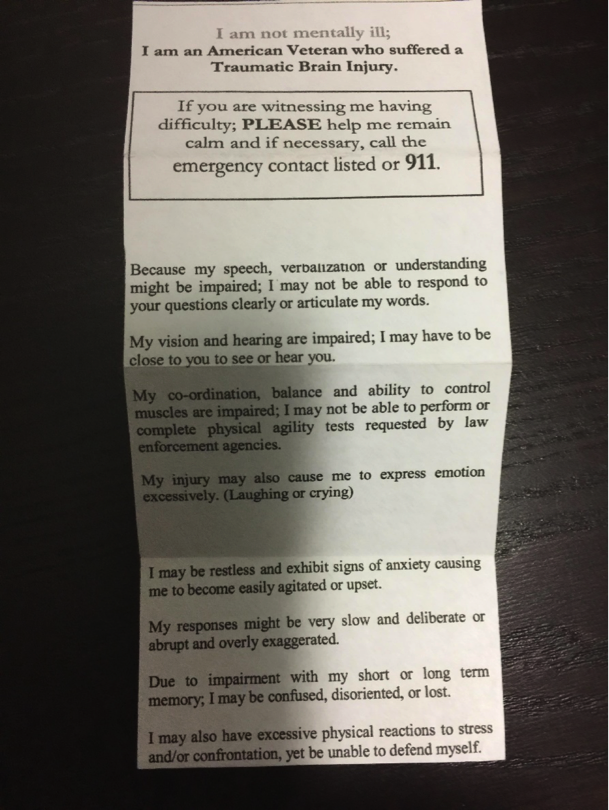By Alicia Andrzejewski
On the first day of class, a student handed me the following note:

He was someone who always sat in front of the class; took copious notes; held Wilfred Owen and war poetry close; shared his trauma through writing. He asked to take the final exam with the class, despite frequent letters I got from student services reminding me he had accommodations. For his final presentation, he performed and discussed “Oh, Mi Yo! ¡Oh, Vida,” Walt Whitman’s “Oh Me! Oh Life!” in Spanish.
And in the note above, in an act of courage, my student dared to ask for what he needed, to request that I be present with him, even in his worst moments in the classroom. He made explicit that being present with your students as they are versus how you’d like them to be requires necessary practice and patience.
With this blog post in mind, I wrote him with “you probably don’t remember me.” He responded, “Of course I remember you, you were my only B+ for my undergraduate career at QC.” After this response, my ideas for this post also became about attending to the failures of memory, to our own romantic notions about the inclusivity of our classrooms and practices. In this case, it seems, my commitment to anti-ableism hadn’t translated to my student as clearly as I’d intended. It broke my heart to know that the way I structured assessment in my course swallowed the memory of “Introduction to Poetry” for this student. He offered me so much; I offered him a B+.
Our own perceptions of how we interact with and show up for our students aside, how do final grades shape and twist what students take away from our classes? What kind of comment do we make on students’ respective abilities when we enter these letters into CUNYFirst? How might we begin to take more seriously what we say to our students about who they are and what they are capable of through grades, and how do final grades affect conditions of possibility for our students? In the future, I plan to integrate these questions about how grades signify ability for my students into conferences, informal writing, and class discussion in more explicit ways.
Alicia Andrzejewski is a Ph.D. student and Enhanced Chancellor’s Fellow in the English program at the Graduate Center. She teaches a variety of courses at Queens College and at SUNY, from College Writing, to Shakespeare’s Tragedies, to Children’s Literature, and she is a writing fellow for the College Preparatory Program at Townsend Harris High School and Queens College.









Leave a Reply